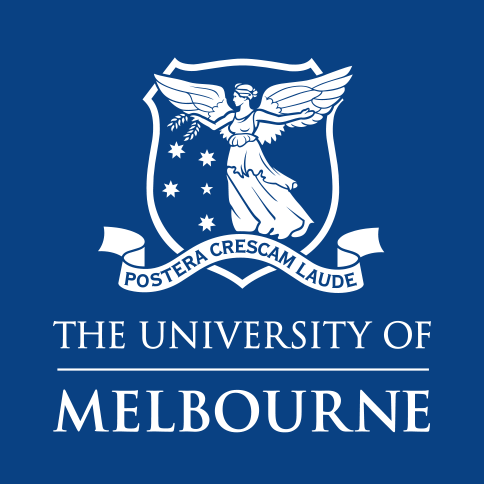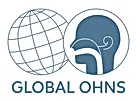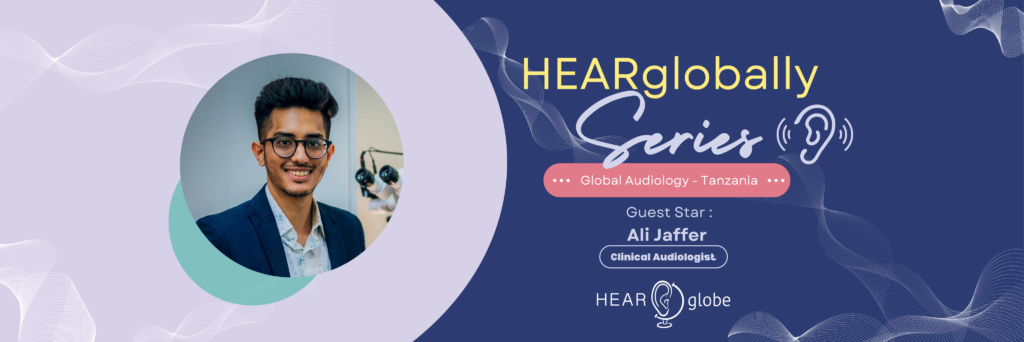
Global Audiology: Tanzania
Guest Speaker: Ali Jaffer
Welcome back to another interview from our Hearglobally series. Here we have Ali Jaffer, an audiologist based in Tanzania, and some highlights from the interview! You can also find out more information about Ali’s work here: https://www.hearwell.co.tz/our-story.
Interviewer: Thank you for meeting with me today, Ali. To start us off, can you tell me why you decided to become an audiologist?
Ali: Sure. I’ll start by giving a little bit of background on audiology and hearing care in Tanzania. It’s a very underdeveloped field in general in Africa, especially sub-Saharan Africa. In Tanzania, there are very few audiology departments, even to this day. There is very little awareness of audiology, hearing loss and of all sorts of ear-related issues. Until 2011, in fact, there wasn’t even a private [audiology] clinic in the country … [Whilst volunteering at the clinic], hearing about the work the clinic was doing … learning firsthand about hearing loss … really motivated me to look further into it. I realized how barely anyone was informed about this and how hardly any facilities were available, not only in Tanzania, but in Eastern Africa, and many people were suffering … I decided I would pursue audiology as a career to try to help advance things by taking things forward, helping people, and improving the business as well.
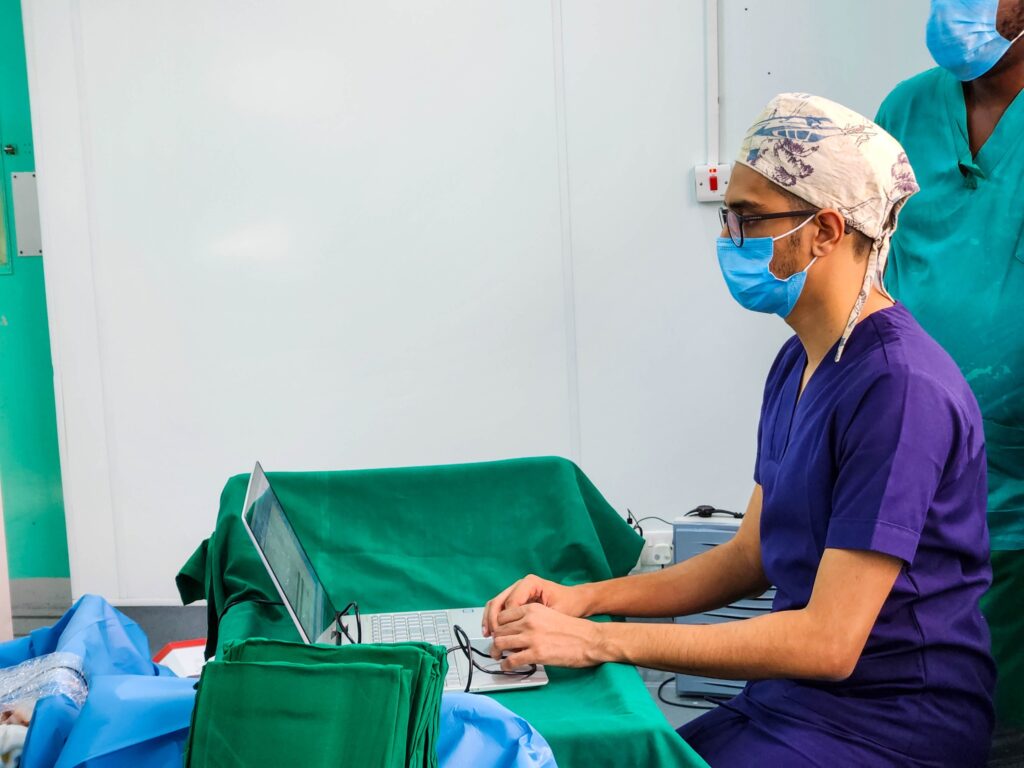
Photo: Ali monitoring during surgery.
Can you tell me what would a typical day looks like for you in Tanzania as an audiologist?
It’s a bit of a tough question to answer because most of the time I don’t know. Let me give you an idea of what we do now. When we started in 2011, we were doing basic hearing tests and hearing aid fittings. Over time, we started doing digital hearing aids and making our own ear moulds in house. Then, we saw a lot of cochlear implant patients who were implanted in other countries and would need access to spare parts and programming. Once we noticed this gap, we started looking at what we could do to help them … Then we also started … training audiologists and technicians in other hospitals. In the public health care system, such as the hospitals in Dar es Salaam and in Zanzibar, we started conducting training to try to improve proficiency and infrastructure as well. We helped with equipment, set up, things like that, and in creating a referral network to channel patients appropriately.
That went on from 2014 to 2017, and at the time we were starting to prepare ourselves to perform implants locally. In 2017, we performed our first batch of cochlear implants, and since then, we’ve done about 60 cases … Along with this, since 2018 we’ve been doing vestibular testing and tinnitus management as well.
Going back to your question, I actually have no idea what I do on a day-to-day basis. Some of it is just hearing tests and fittings, sometimes it’s newborn screening days … [or] ABRs and vestibular patients. Another day could be making ear moulds or doing repairs and then also, we have our implant patients so some days you’re in the operating room all day.
I see, so little bit of everything then!
Yes, it’s a bit of a mixed bag. It’s nice.
That’s great. You mentioned you’ve been working on building up the referral process there. Can you tell me a little bit about how people in Tanzania get access to these hearing services, either the ones that you provide or those through the public system?
Through the public system, there’s very few institutions that have access to these services and for the most part, it’s [only] diagnostic services and hearing tests. What happens generally is, … a patient will [see] an ENT [who] will refer them towards audiology services. They’ll generally tell them what they need to do and send them for testing, either in the public systems or towards private care. That all depends on what is easiest to access. Unfortunately, it’s not very easy to find services. As I said, they can go and look for an ENT doctor, but those are quite rare as well. There are around 70 ENT specialists in the entire country, which is a country of about 60 million people. As for audiologists, there’s about 15.
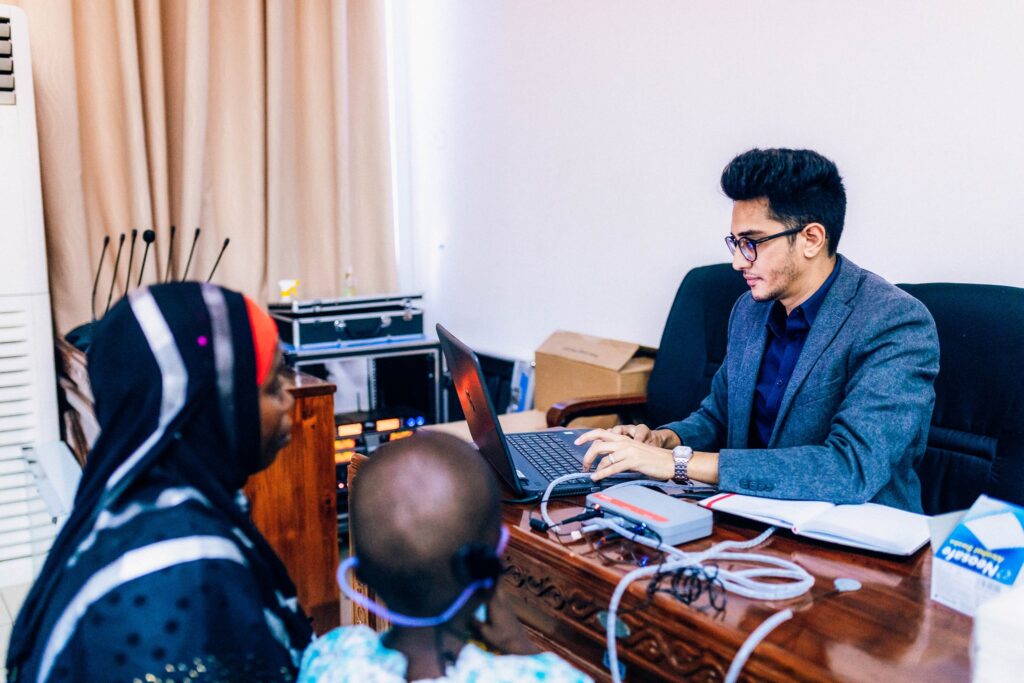
Photo: Ali running an audiology appointment with patients.
A lot of the people we see are actually referred by friends and family, as word of mouth goes a long way here. There will be people who have a problem and will have given up. And then, friends or family tell them that there’s this place they can go to, so as you can see, it’s not exactly a system. It works for some, but we’re definitely still trying to reach more people.
That’s amazing. Thank you so much, Ali.
Ali’s insight was incredible, and this was only the first part of his interview! Stay tuned for part 2 as we can’t wait to share more of what we learnt from Ali.

